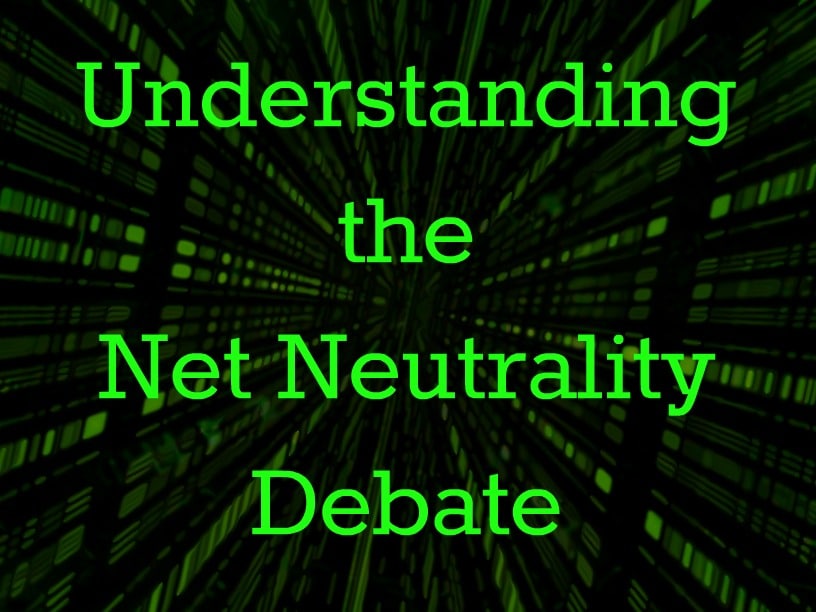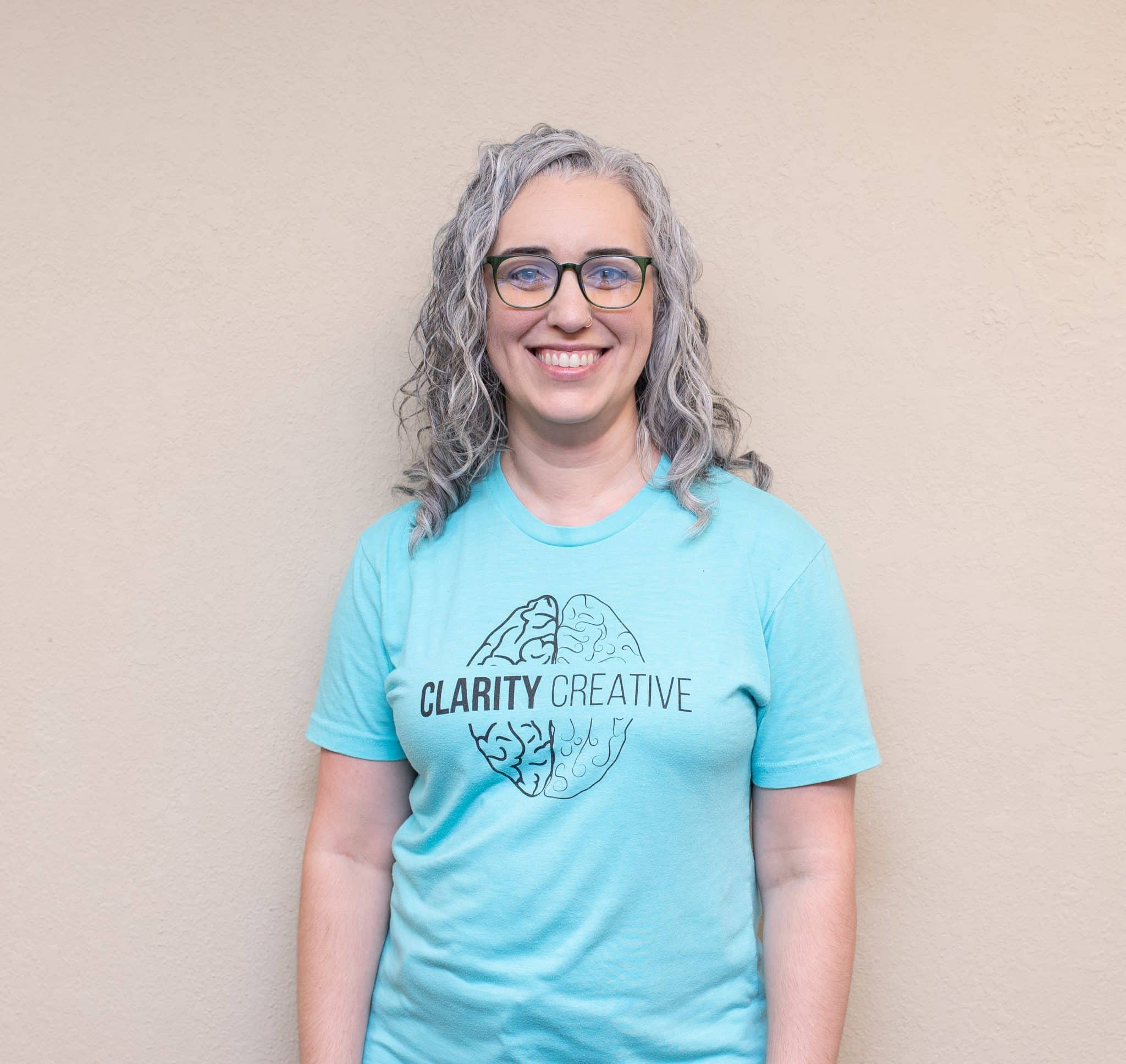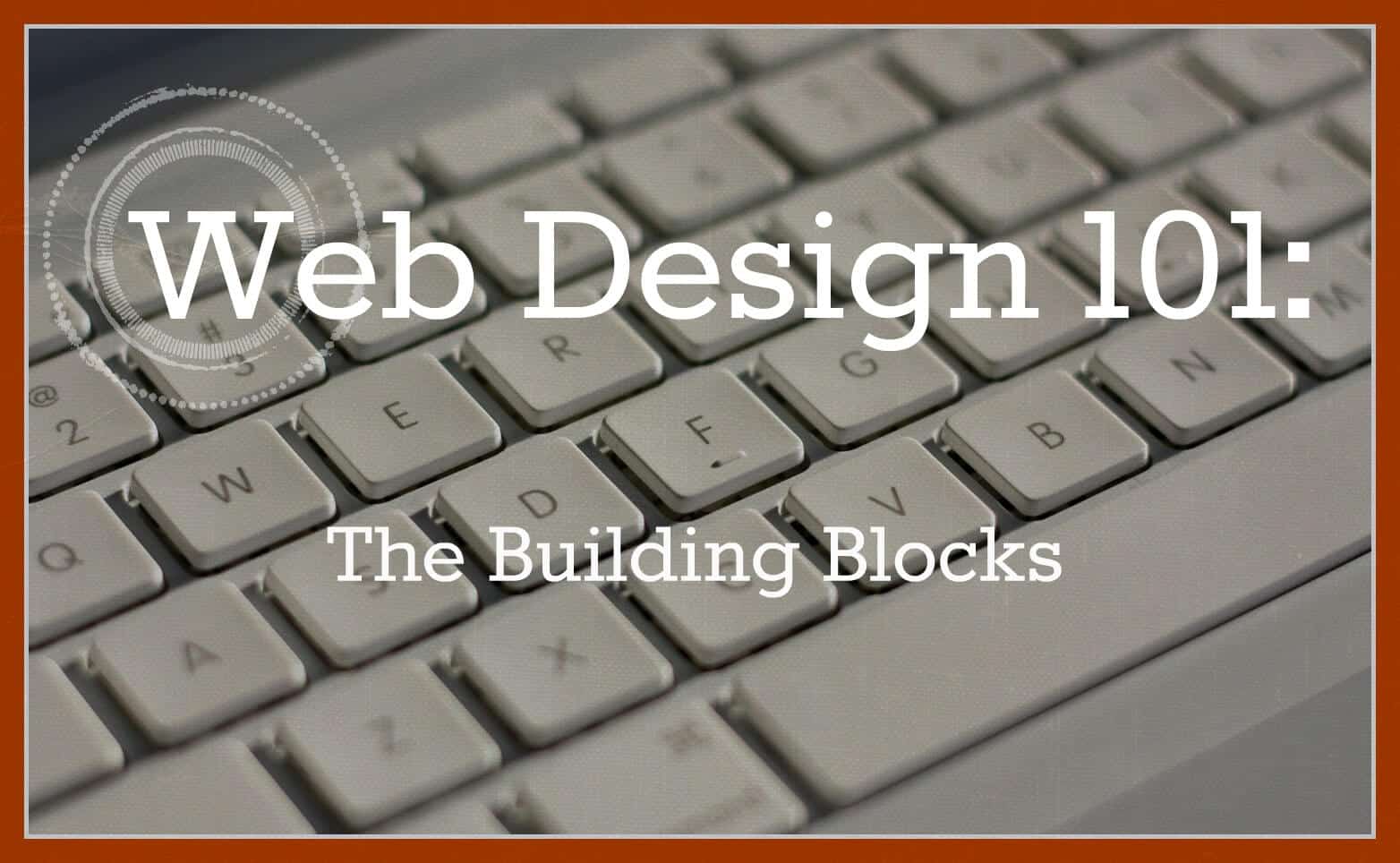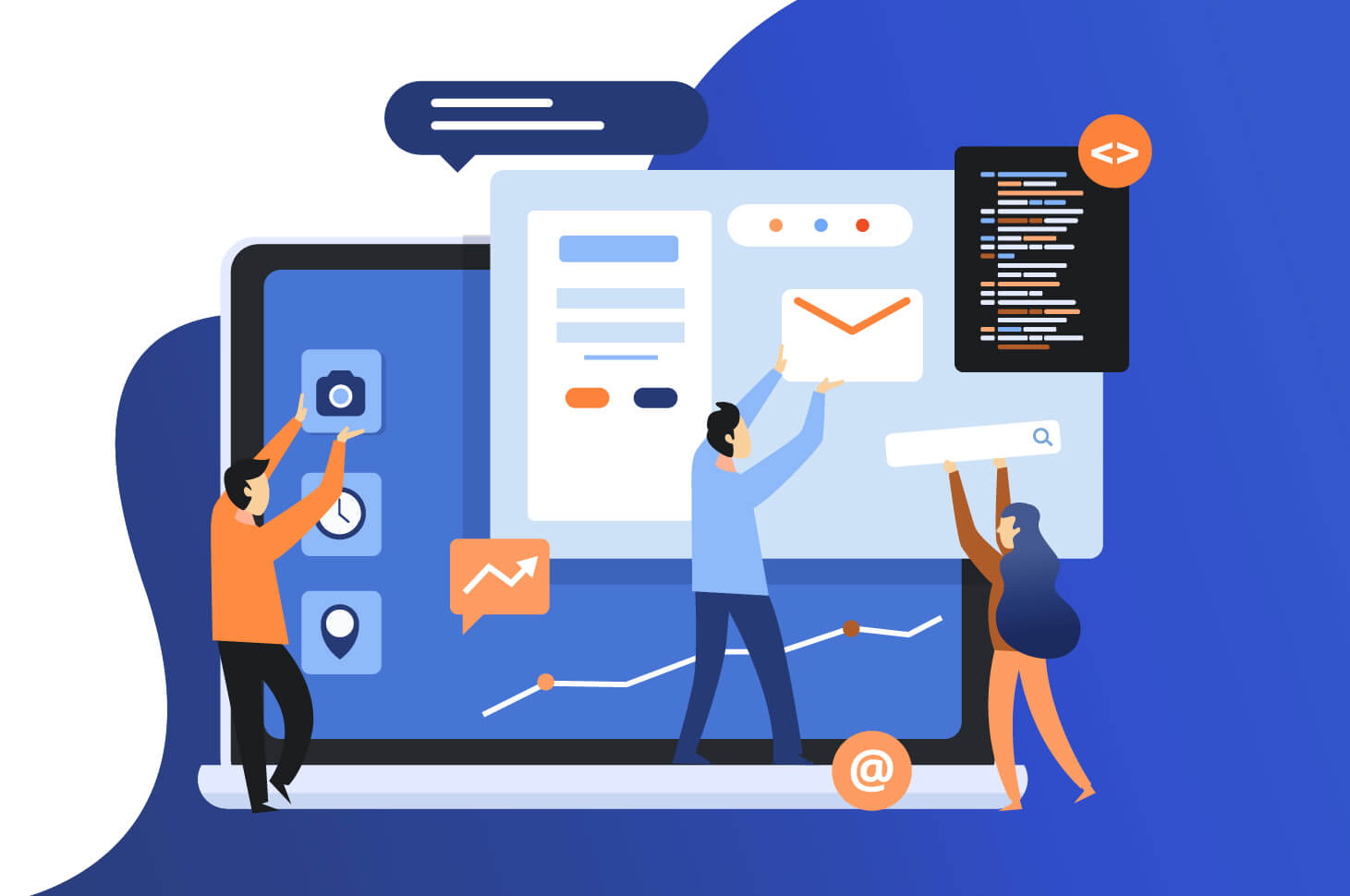Last week, the FCC came to a decision on the net neutrality issue that’s been debated by Internet Service Providers (ISPs), politicians, and techies since 2002. The weeks leading up to the debate saw heated discussion of the pros and cons of net neutrality, with pundits and talk show hosts and even the White House weighing in.
But in case “The Dress” caused too much rancor in your household for you to pay attention to the F.C.C. ruling, we’ve boiled down the gist of the debate into a simple article. So, what is net neutrality and how does this decision affect you?
What Net Neutrality?
Before we can explain the debate, we need to explain net neutrality.
The idea behind net neutrality is that all data on the internet should be equally available to anybody, no matter what sites they are visiting, how they are getting there, or how much they are paying to do so. It seems obvious (after all, this is America), but net neutrality advocates, including World Wide Web creator Tim Berners-Lee, have maintained that the internet just wasn’t working this way.
The debate brought up a lot of interesting questions, but it centered around two main topics—blocked content and “pay-to-play” fast lanes.
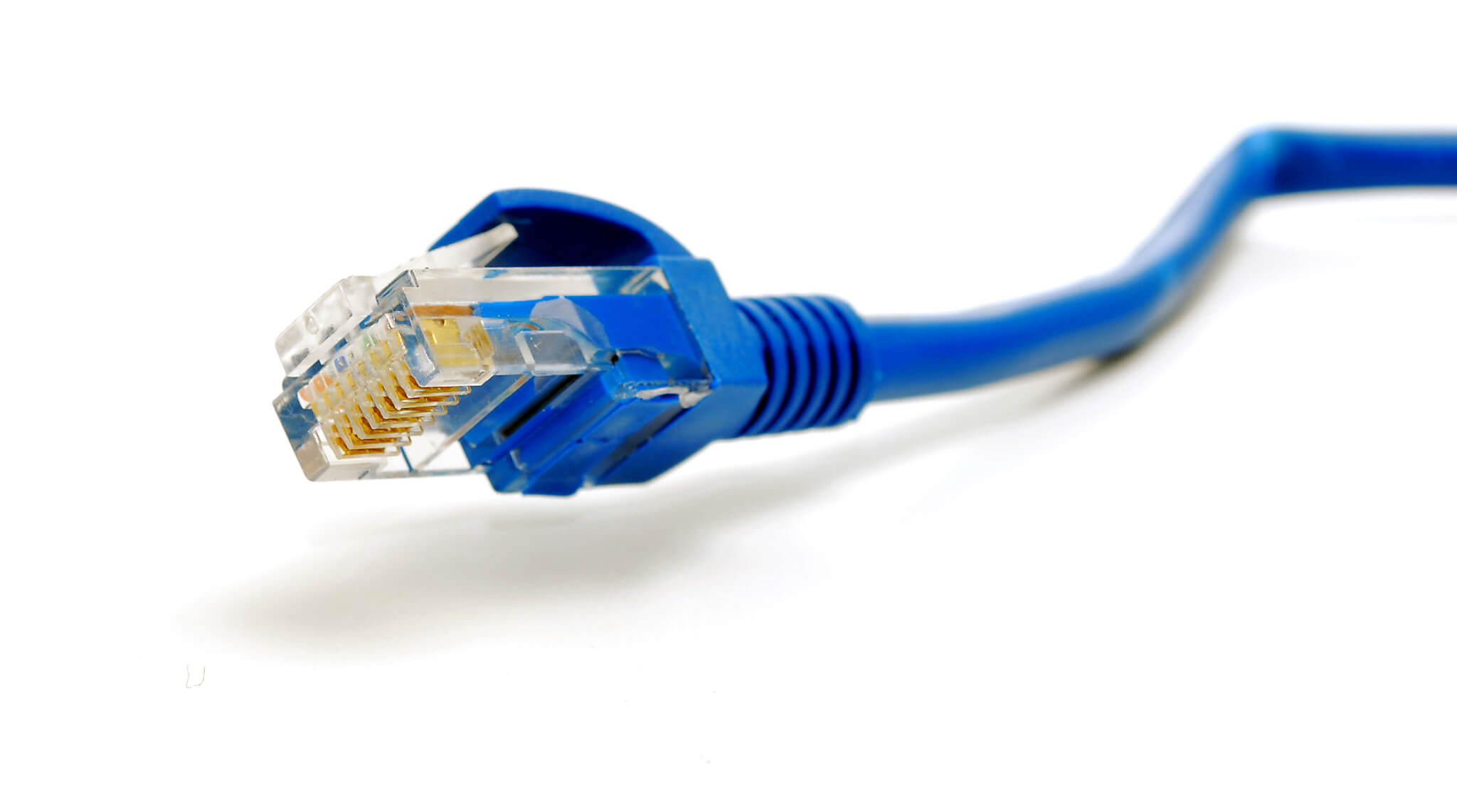
“Blocking content” simply means that ISPs could prevent you from visiting certain websites.
Now, if the websites that were being blocked were linked to a terrorist organization, no one would bat an eye. Block content all day. But reports had come in that ISPs were blocking access to sites that they simply didn’t like or that they had disagreements with. So, if CBS wasn’t being delivered to certain TVs with Time Warner service, then CBS could restrict those same homes from visiting CBS.com (no Big Bang Theory for you!). Just to stick it to ’em.
“Fast Lanes” are like the toll roads of the internet. So if you want your website’s high-quality video to be accessed at high-quality speeds, you have to fork up enough cash to be upgraded to the “fast lane.” This isn’t a problem for sites like YouTube (cha-ching!), but many start-ups can’t afford the extra cost.
Why was there even a debate?
So, if this is really what net neutrality is all about, why were there even two sides? Who’s complaining about this, other than cable companies?
On the one hand, you had net neutrality advocates saying that internet service should be as open as phone or water service, with everyone getting the same level of service. On the other hand, ISPs and cable companies were basically saying, “Yeah, but phone calls and water are the same for everyone. Web use is different. Skype calls and Netflix videos take up way more data than simple text…shouldn’t the companies providing the extra bytes have to pay for the extra bandwidth they’re using?”
Turns out, they already do.
According to Wired magazine, fast lanes between ISPs and big sites like Facebook, Google, and Netflix are already in place…and they actually help improve your internet speed. These fast lanes ensure that your timelines, web searches, and Breaking Bad episodes all get to your screen quickly and clearly. (No one wants to deal with slow, choppy service when watching White and Pinkman.)

As far as blocked content, Verizon has come forward promising to allow unrestricted access to “lawful websites,” but until every ISP makes this same promise, it hardly helps settle anyone’s mind. This is also assuming that they will keep their promises, and that they have the same definition of “lawful” as you do.
Say Hello, and Let's Get To Work Together
What was Thursday’s vote about?
To answer that, we have to travel back to 2002, when the F.C.C. classified the internet as an “information service,” not as a “telecommunications service,” which essentially restricted much of the government’s ability to regulate it. Thus, when Comcast was accused of blocking web traffic and ordered by the F.C.C. to stop, the ISP felt it had enough grounds to sue (and it won).
The vote on Thursday was called to reclassify internet service as a telecommunications service, so that the government would have more authority to regulate it as well as penalize those companies that it felt were blocking content or showing preferential treatment.
Ultimately, net neutrality advocates won out.
What does it mean for me?
For the most part, the F.C.C.’s decision is doing more to protect net neutrality than to adopt it. Yes, cable companies had been accused of blocking websites in the past, but it seems that much of the new internet rules (which are forthcoming) will act as a preventative measure to make sure that cable companies and ISPs don’t get too greedy in the future. They will also be prevented from slowing internet service based on where you are streaming content from. Thus, Netflix, YouTube, and the video clip of your nephew’s birthday will all be available at the same speed.
They will also be prevented from slowing internet service based on where you are streaming content from. Thus, Netflix, YouTube, and the video clip of your nephew’s birthday will all be available at the same speed.
But what about those “fast lanes” we mentioned earlier? Will those go away? Will I still be able to binge watch House of Cards?
Yes, those fast lanes are a thing of the past, but luckily, Netflix has been outspoken in favor of net neutrality, so chances are good that your service level won’t change. Critics have suggested that the new regulations may lead to increased subscription costs and ads, but odds are just as good that companies who need to increase their bandwidth to make customers happy will have to do so internally (and on their own dime).
Ultimately, the concept of a free and open internet is a good thing. Level playing fields help little fish compete in a big pond full of rich and powerful sharks. So, until you have Google’s bank account, rest assured that you at least have their internet speed.
Clarity Creative Group is a web design & internet marketing company located in beautiful Orlando, Florida. If anything ever happened to Netflix, we would riot in the streets.
Save
Save

